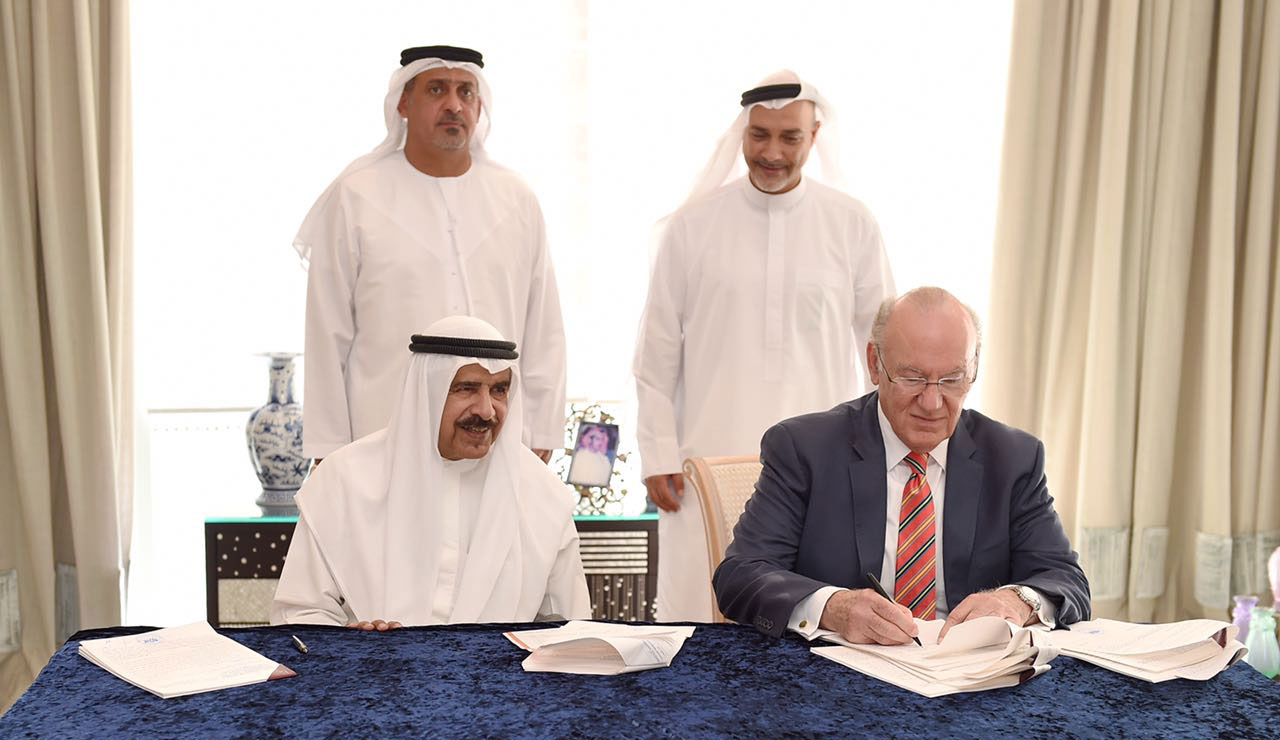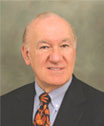
H.H. Dr. Sheikh Sultan Bin Khalifa Al-Nahyan
Founder
Mahdi Fardan Ali Alfardan, M.D.
Chairman & Board Member
Sayer Bader Al Sayer
Vice Chairman & Board Member
Dr. Aly Abdel Razek, M.D. FACRO
Executive Director & Board Member
GICC, The Leaders in Cancer Treatment in The UAE.

 Dr. Abdel Razek graduated from Cairo University. He completed his residency in 1976 at Washington University in St. Louis, Mo., USA. He is board certified in both Radiation Oncology and Pediatrics. He co-authored four text books in radiation oncology and contributed to many publications in oncology journals. He served on the national committee of the Southwest Oncology Group, Intergroup Ewings Sarcoma and National Wilms Tumor Committee. Dr. Abdel Razek is a Fellow of the American College of Radiation Oncology. He is president of Medical Resources International and Chairman and Executive Director of the Gulf International Cancer Center.
Dr. Abdel Razek graduated from Cairo University. He completed his residency in 1976 at Washington University in St. Louis, Mo., USA. He is board certified in both Radiation Oncology and Pediatrics. He co-authored four text books in radiation oncology and contributed to many publications in oncology journals. He served on the national committee of the Southwest Oncology Group, Intergroup Ewings Sarcoma and National Wilms Tumor Committee. Dr. Abdel Razek is a Fellow of the American College of Radiation Oncology. He is president of Medical Resources International and Chairman and Executive Director of the Gulf International Cancer Center.
 Karol Sikora is a British physician specializing in oncology, who has been described as a leading world authority on cancer. He is a founder and medical director of Rutherford Health, a company providing proton therapy services, and Director of Medical Oncology at the Bahamas Cancer Center and former head of the World Health Organization’s cancer program.
Karol Sikora is a British physician specializing in oncology, who has been described as a leading world authority on cancer. He is a founder and medical director of Rutherford Health, a company providing proton therapy services, and Director of Medical Oncology at the Bahamas Cancer Center and former head of the World Health Organization’s cancer program.
Professor Karol Sikora, one of the world’s leading authorities on cancer and a pioneer of holistic cancer treatment, has published more than 300 papers and written and edited 20 books about cancer, including Treatment of Cancer - the standard British postgraduate textbook. He is also the medical director of Cancer Partners UK, which he founded as an organization that works with the NHS, the private sector, and charities to achieve the best and most comprehensive treatments for cancer patients. He believes that complementary medicine should be used as part of cancer treatment plans, never as the sole line of attack, but to lessen the side effects of treatment and to support traditional treatments such as chemotherapy.